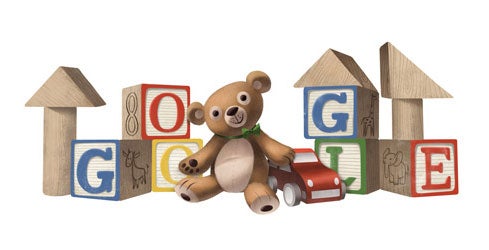Children’s Day 2014: Google Doodle honours children across the globe
The celebration marks the day the United Nations adopted the Convention of the Rights of the Child

Universal Children’s Day is marked in many countries across the globe as 20 November, in which the day is dedicated to the celebration of children and to raising awareness of the abuse, exploitation and discrimination children still experience across the world.
Google has created a Doodle to honouring children, which will be seen on the Google homepage across multiple nations, including Canada, Ireland, France, Spain, South Africa and Sweden.
The annual event, also known as Children’s Day, marks the day in 1959 when the United Nation’s Assembly adopted the Declaration of the Rights of the Child. This year also marks the 25 anniversary of the creation of the Convention of the Rights of the Child by the United Nations, in which children’s health, political, economic and social rights were outlined in 1989.
The UN said on Universal Children’s Day this year that there is much to celebrate, form declining infant mortality to rising school enrolment, but that much is still to be done, with too many children still not experiencing their full rights on a daily basis.
“Nearly 25 years ago, the world made a promise to children: that we would do everything in our power to protect and promote their rights to survive and thrive, to learn and grow, to make their voices heard and to reach their full potential,” the UN said in a statement.
“In spite of the overall gains, there are many children who have fallen even further behind. Old challenges have combined with new problems to deprive many children of their rights and the benefits of development.
“To meet these challenges, and to reach those children who are hardest to reach, we need new ways of thinking and new ways of doing - for adults and children.”
Subscribe to Independent Premium to bookmark this article
Want to bookmark your favourite articles and stories to read or reference later? Start your Independent Premium subscription today.

Join our commenting forum
Join thought-provoking conversations, follow other Independent readers and see their replies